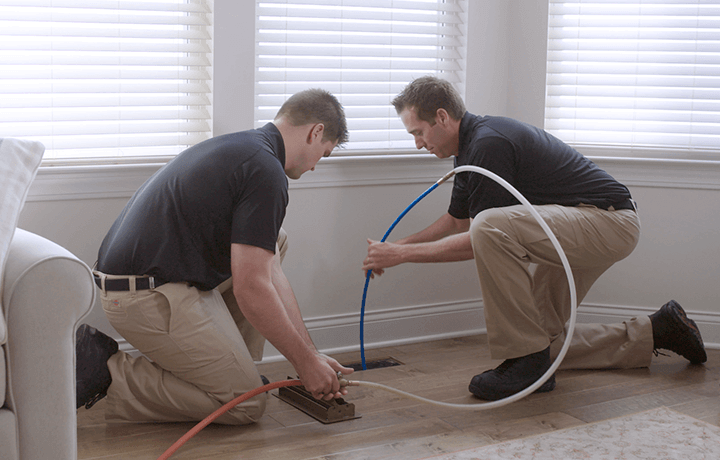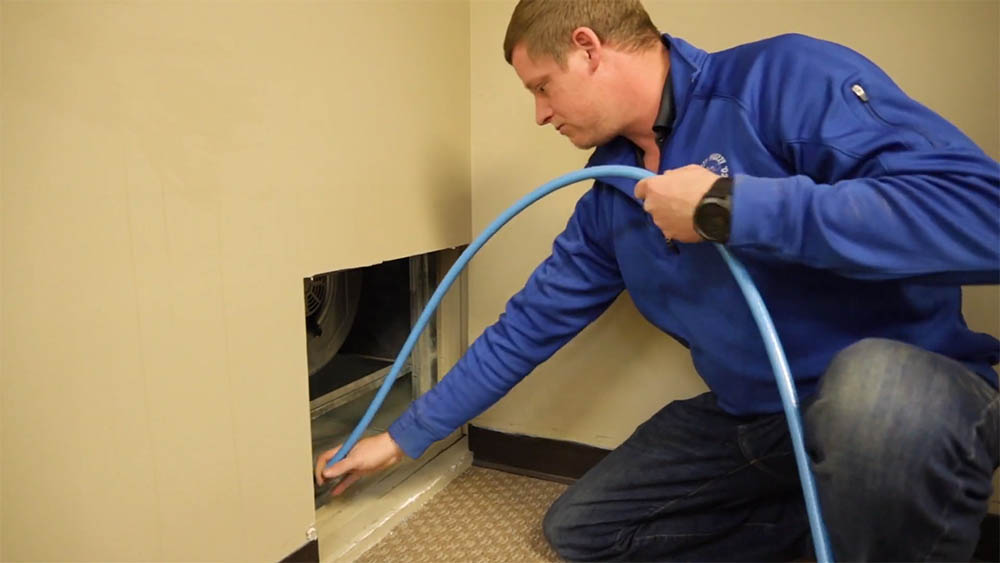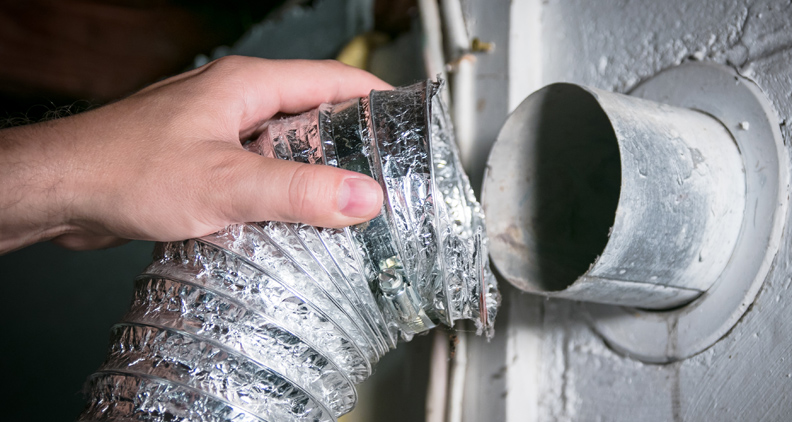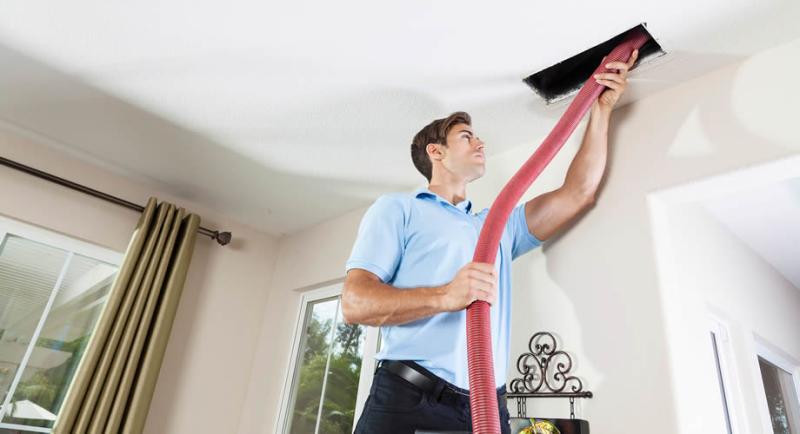Are you wondering what does a new HVAC system include? Understanding the components of an HVAC system is crucial for homeowners and business owners. An HVAC system is a significant investment, and knowing what is included will help in making informed decisions.
In this article, we will break down everything you need to know about a new HVAC system, from the essential components to the benefits of having one. Whether you’re upgrading your old system or installing a new one, we’ve got you covered.
1. Introduction to HVAC Systems
What is an HVAC System?
HVAC stands for Heating, Ventilation, and Air Conditioning. It is a technology designed to provide thermal comfort and acceptable indoor air quality. The system controls the temperature, humidity, and air quality within a building.
Importance of HVAC Systems
HVAC systems are vital for maintaining a comfortable indoor environment, improving air quality, and ensuring energy efficiency. They play a crucial role in both residential and commercial buildings.

2. Main Components of a New HVAC System
Heating Unit
The heating unit is responsible for warming the indoor air. It can be a furnace, heat pump, or boiler. The type of heating unit will depend on your climate and building requirements.
Ventilation System
The ventilation system ensures that fresh air circulates throughout the building. It removes stale air and pollutants, improving indoor air quality. This system includes ducts, vents, and exhaust fans.
Air Conditioning Unit
The air conditioning unit cools the indoor air during hot weather. It can be a central AC system, ductless mini-split, or window unit. The choice depends on the size of your building and specific cooling needs.

3. Additional Components in a New HVAC System
Thermostats
Thermostats control the temperature setting of your HVAC system. Modern thermostats come with programmable and smart features, allowing for precise control and energy savings.
Air Filters
Air filters trap dust, pollen, and other contaminants, ensuring clean air circulates. Regularly changing air filters is essential to maintain optimal performance and air quality.
Humidifiers and Dehumidifiers
These devices regulate humidity levels within the building. A humidifier adds moisture to the air, while a dehumidifier removes excess moisture, preventing mold growth and improving comfort.

4. Benefits of Upgrading to a New HVAC System
Energy Efficiency
Modern HVAC systems are designed to be energy-efficient, reducing energy consumption and lowering utility bills. This is especially important for both homeowners and business owners.
Improved Air Quality
New HVAC systems come with advanced air filtration and ventilation features, ensuring better indoor air quality. This is crucial for health and well-being.
Enhanced Comfort
With improved temperature control and humidity regulation, a new HVAC system provides enhanced comfort all year round.

5. How to Choose the Right HVAC System
Assessing Your Needs
Determine your heating, cooling, and ventilation needs based on factors like climate, building size, and occupancy.
Consulting with Professionals
Seek advice from HVAC professionals to select the right system that meets your requirements and budget.
Considering Energy Efficiency Ratings
Look for HVAC systems with high energy efficiency ratings (SEER, HSPF, AFUE) to ensure long-term savings.
6. Installation Process for a New HVAC System
Site Inspection
A professional HVAC technician will inspect your building to determine the best location for the system and identify any existing issues.
System Design
The technician will design the HVAC system layout, including ductwork, vent placement, and equipment location.
Installation
The installation process involves setting up the heating, cooling, and ventilation units, connecting thermostats, and testing the system for proper functioning.
Post-Installation Inspection
After installation, a thorough inspection is conducted to ensure the system operates efficiently and meets safety standards.
7. Maintenance Tips for Your New HVAC System
Regular Filter Replacement
Replace air filters every 1-3 months to maintain good air quality and system efficiency.
Scheduled Professional Inspections
Schedule annual inspections with HVAC professionals to identify and address potential issues before they become major problems.
Cleaning Ductwork
Ensure your ductwork is clean to prevent dust and allergens from circulating in your building. Learn more about Commercial Duct Cleaning.
8. Common FAQs about New HVAC Systems
How long does a new HVAC system last?
A well-maintained HVAC system can last between 15 to 20 years.
What is the cost of installing a new HVAC system?
The cost varies based on system type, size, and installation complexity. Consult with professionals for accurate estimates.
Are new HVAC systems energy-efficient?
Yes, modern systems are designed to be energy-efficient, reducing energy consumption and utility bills.
